- June 3, 2025
-
-
Loading

Loading
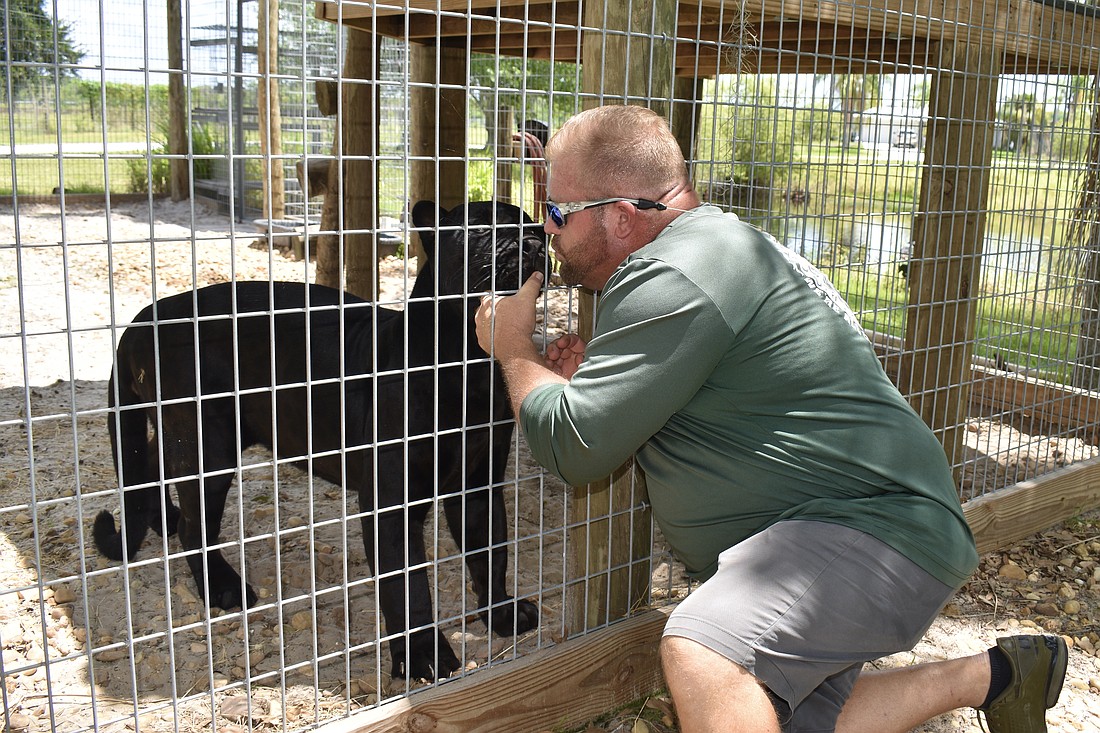
Clayton Rosaire recalls his early life as something like that of Mowgli in “The Jungle Book.”
An only child who runs Big Cat Habitat alongside his mother, Kay Rosaire, he said that while growing up, his brothers and sisters were some of the world’s most charismatic animals.
“I was lucky enough that when you go to your uncle’s house, it has bears, you hang out with bears. When you go to your aunt’s house, she lives with chimpanzees, you hang out with chimpanzees.”
Rosaire swam with elephants — he even played tag with one once — and wrestled with grizzly bears.
It was natural for him to learn animal husbandry from a young age.
Whether the animals are domestic cats and dogs, or larger and more dangerous predators, he said the process of raising an animal is like building a family at the rescue founded in 1987, which is a 501(c)(3) nonprofit since 2005.
“People have to remember how important animals really are and how great they are for the family,” he said. “Animals bring the family together. They give the family a mutual purpose. They give everybody, every member of the family somebody to talk to that listens every time. They’re the family counselor, they’re the family play buddy; they’re so important.”
Rosaire specializes in big cats and has spent a large portion of his life working with them on an everyday basis. He has over 500,000 hours working with big cats on record with the Florida Fish and Wildlife Conservation Commission, he said.
Long ago, said Rosaire, there was little concept of husbandry for exotic animals.
In order for animals to be examined by their owners, they had to be tranquilized, something that instilled fear.
Today, however, animal raisers follow an approach very much the opposite, which is driven by a bond between human and animal that mirrors what people might experience with their pets.
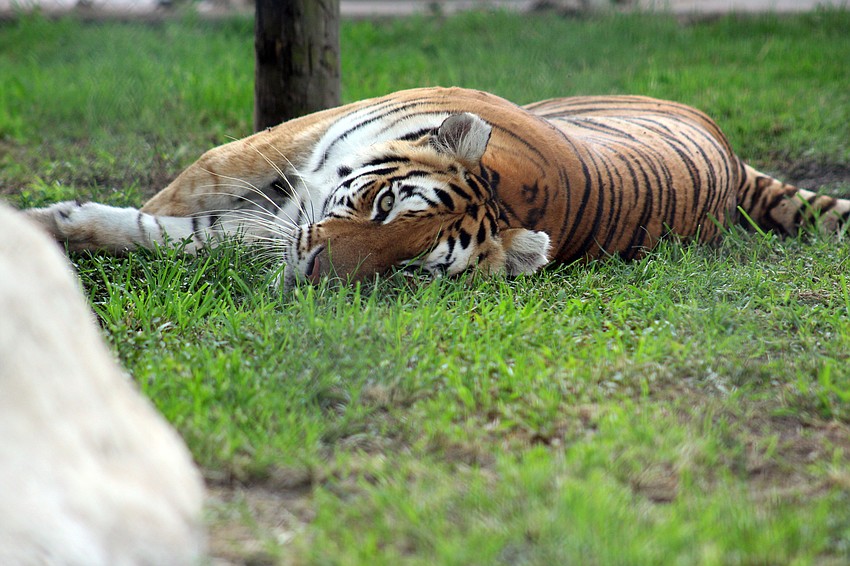
“From a young age, they pick up right away that if we’re the ones loving and caring for them, and they realize they ought to love us back.”
That remains true whether the animal is a bobcat or a 500-pound tiger, he said. But the job still takes an understanding of those animals, all of which are different.
“That’s why this is not something for somebody to just decide tomorrow that they’re going to be a tiger guy. It takes a long time. You have to be able to read animals, you have to watch their signals, their signs, the way they move their tail, the position of their ears.”
Rosaire said he’s never been afraid of an animal, but his closest bond was with a male lion named Handsome who died of cancer a few years ago.
“Male lions can be very tough; they want to be the king. They’re regal. He was very understanding and just good to the other animals, good to people. Very kind heart, very understanding guy; he would always work with me on anything.”
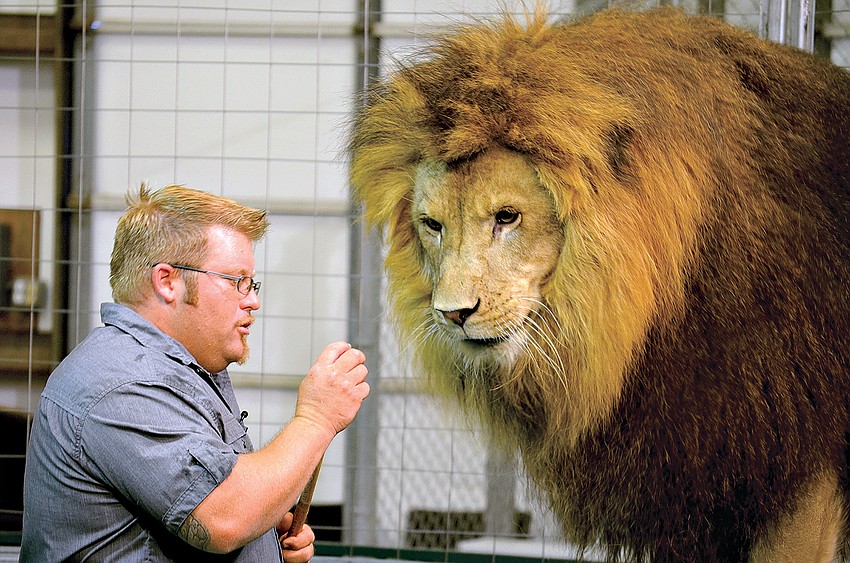
Along with Chance, a chimpanzee, Handsome was one of two animals at Big Cat Habitat to have a role in the film "The Wolf of Wall Street."
Caring for animals isn’t just giving them food or water, but having a relationship with them throughout the day, he said.
If the human is aware of how the animal normally behaves, they have more context to understand when something is wrong — something that is especially difficult to determine with the type of animals housed at the habitat.
“Exotic animals especially, are designed to not let us know they’re not feeling good, because in the wild, the weakest are the first to go,” he said.
The only way to find out an animal is sick or injured, is through a bond that allows the handler to spot unusual behaviors and to touch the animal to check that it does not wince when petted in any areas.
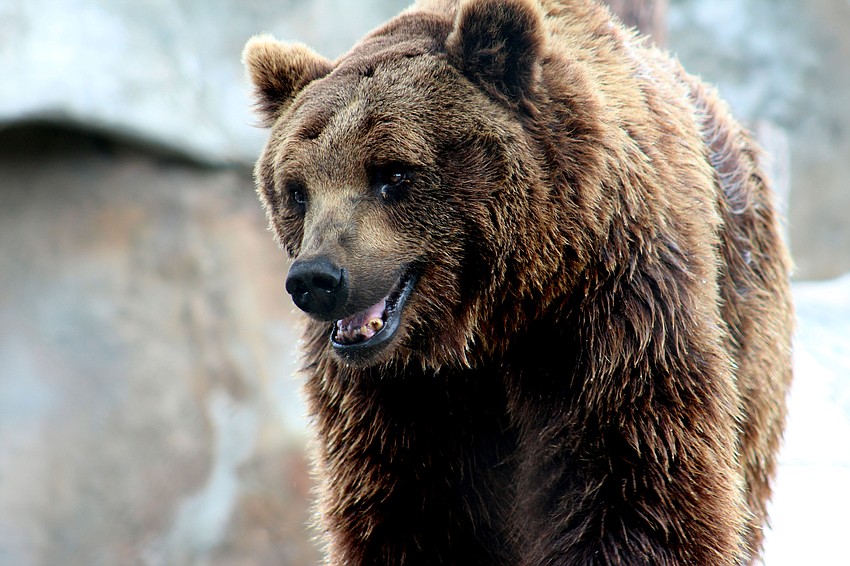
“Am I petting it? Am I loving it? Or am I inspecting it? It’s all the same thing,” he said.
Also important is the positive reinforcement created by offering the animals treats for everything they do to work along with the owner. When trying to get an animal to comply, it’s always important to avoid being demanding, he said.
“If you’re going to be in with a big, dangerous animal, you don’t want them upset. You don’t want to tell them they’re going to do this. You’re gonna ask them, ‘Hey, can you do this? And if you do it, I’ll give you a treat.’”
This type of trust makes it possible for a veterinarian to draw blood from a lion’s tail without stress or sedation.
When animals arrive at the facility, they may have different temperaments. Some of them, he said, are just like children who can be dropped off anywhere and make new friends, while for others, it can be more challenging.
Animals at Big Cat Habitat are born and raised in captivity, but there are nonetheless have a new environment to adjust to, and new concepts to learn, such as moving into the yard to have their cage cleaned — or even the idea of other animals.
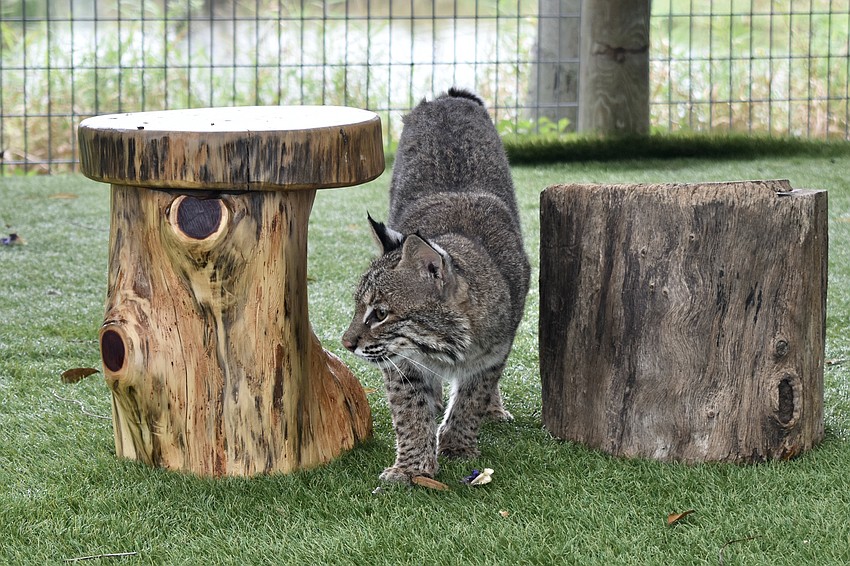
“We’ve had tigers that would not accept other tigers. They had never seen them before. They grew up in somebody’s backyard. The only thing they ever saw was a Labrador. They thought they were Labrador.”
One particular tiger simply refused to live with other tigers. However, after spending time with the tiger, staff realized she was only afraid of the cats larger than her, and that they could place her with leopards with no issues.
Part of the facility’s goals concern guests as well, and creating a human-animal bond in that realm.
Rosaire said in the case of one bear who would not come face to face with the public for two years, the strawberries offered by visitors eventually made a difference.
He hopes there is something that the public can learn as well; loving animals is about loving the planet as a whole, Rosaire said.
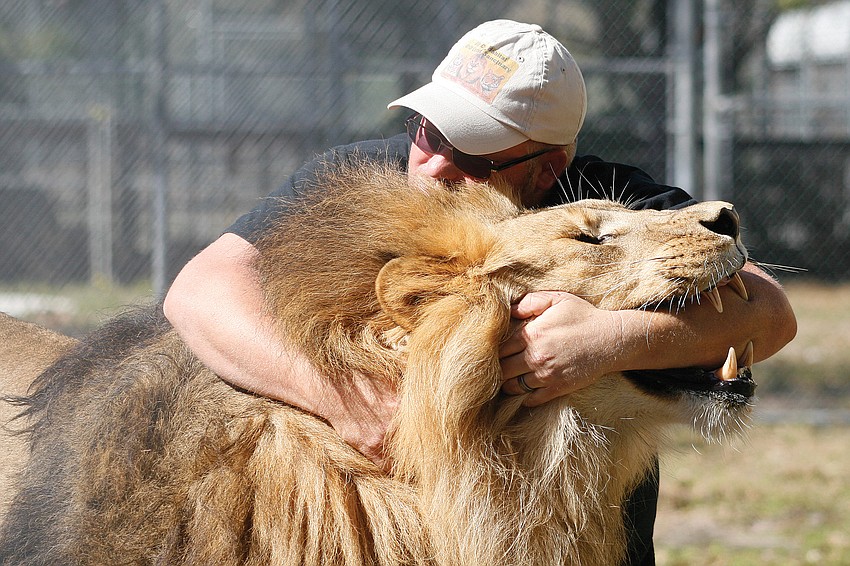
“I really love animals. They’re amazing. They’re the best part of our world, they’re better than people, and they’re also one of the most important parts of our world. People think they’re the most important thing, and that’s so far from the truth.
“Our animals and our planet are the most important thing. Without them, we have nothing.”